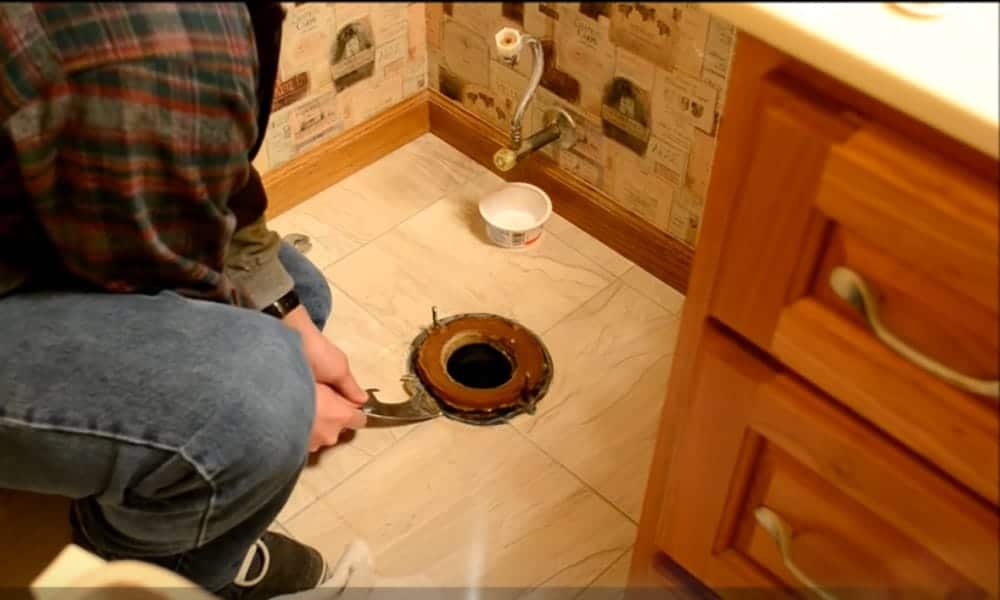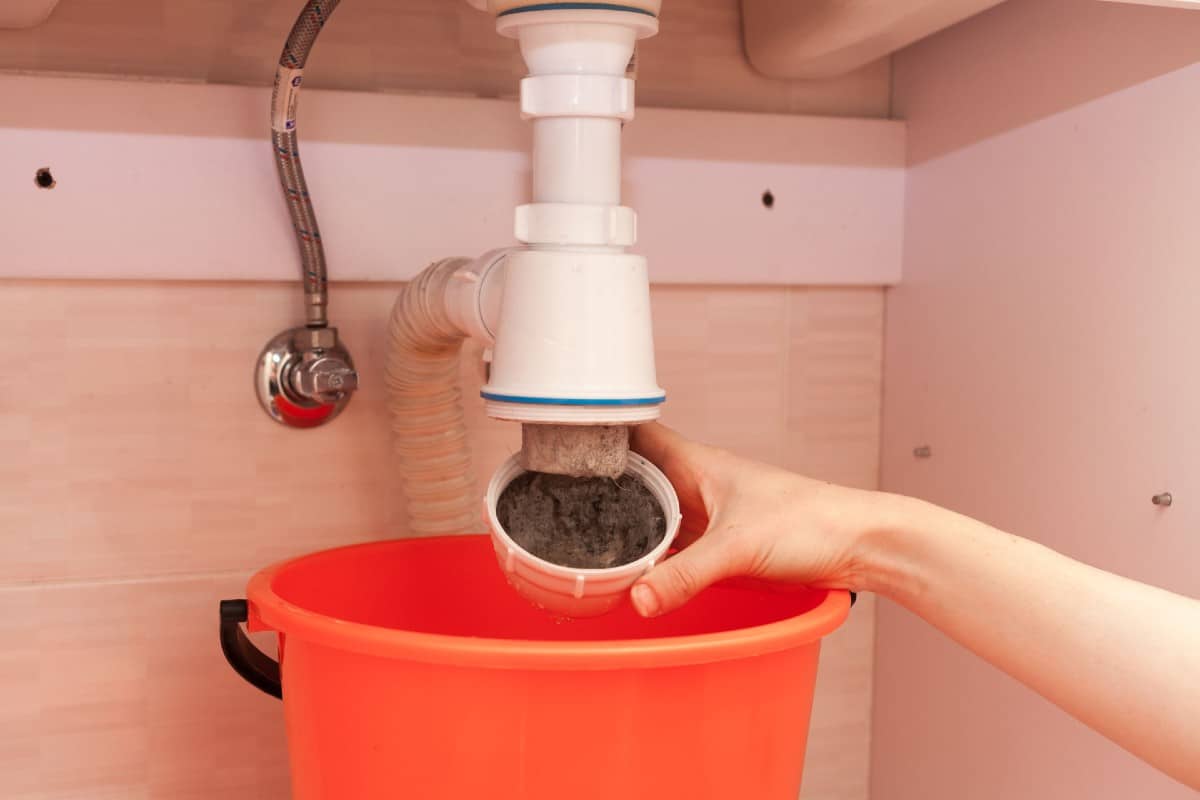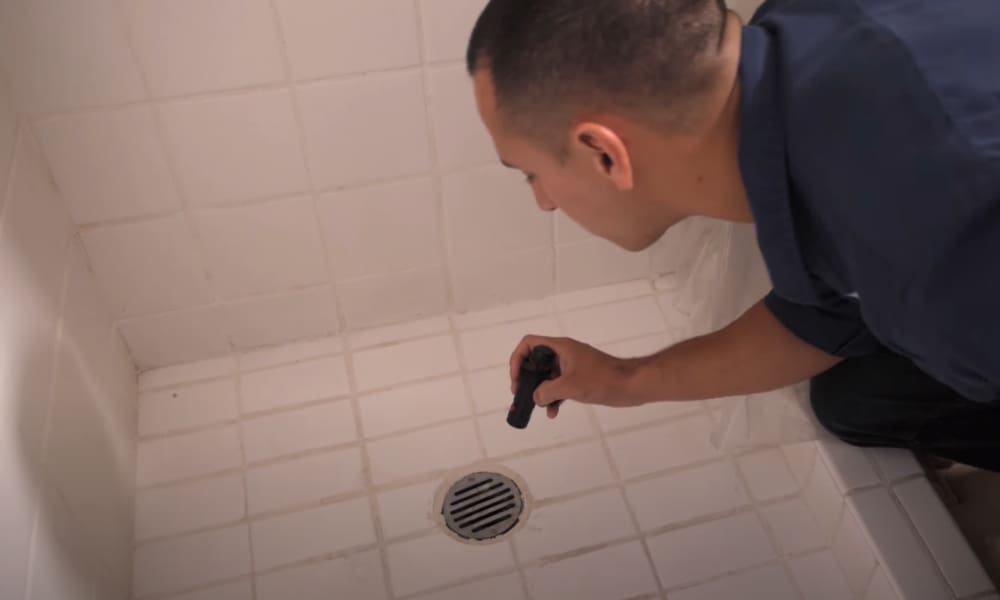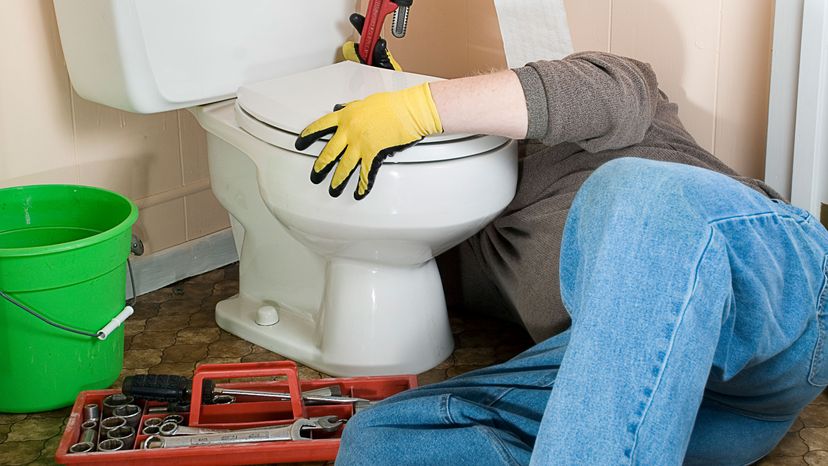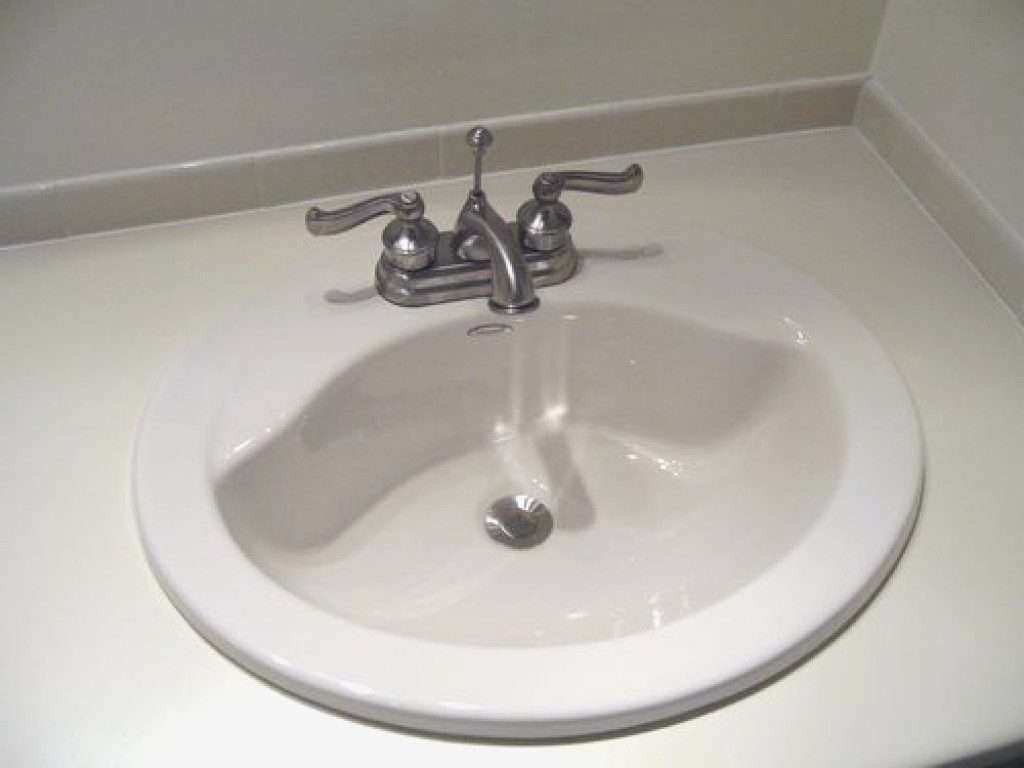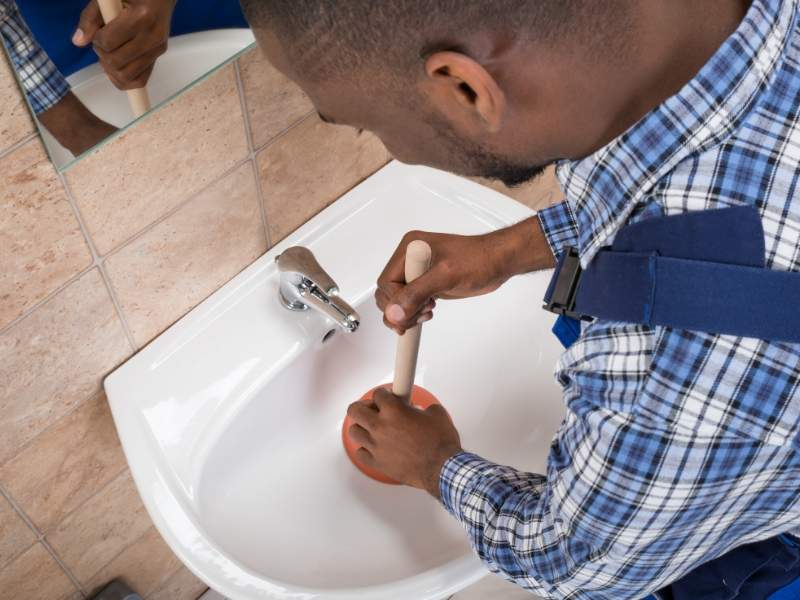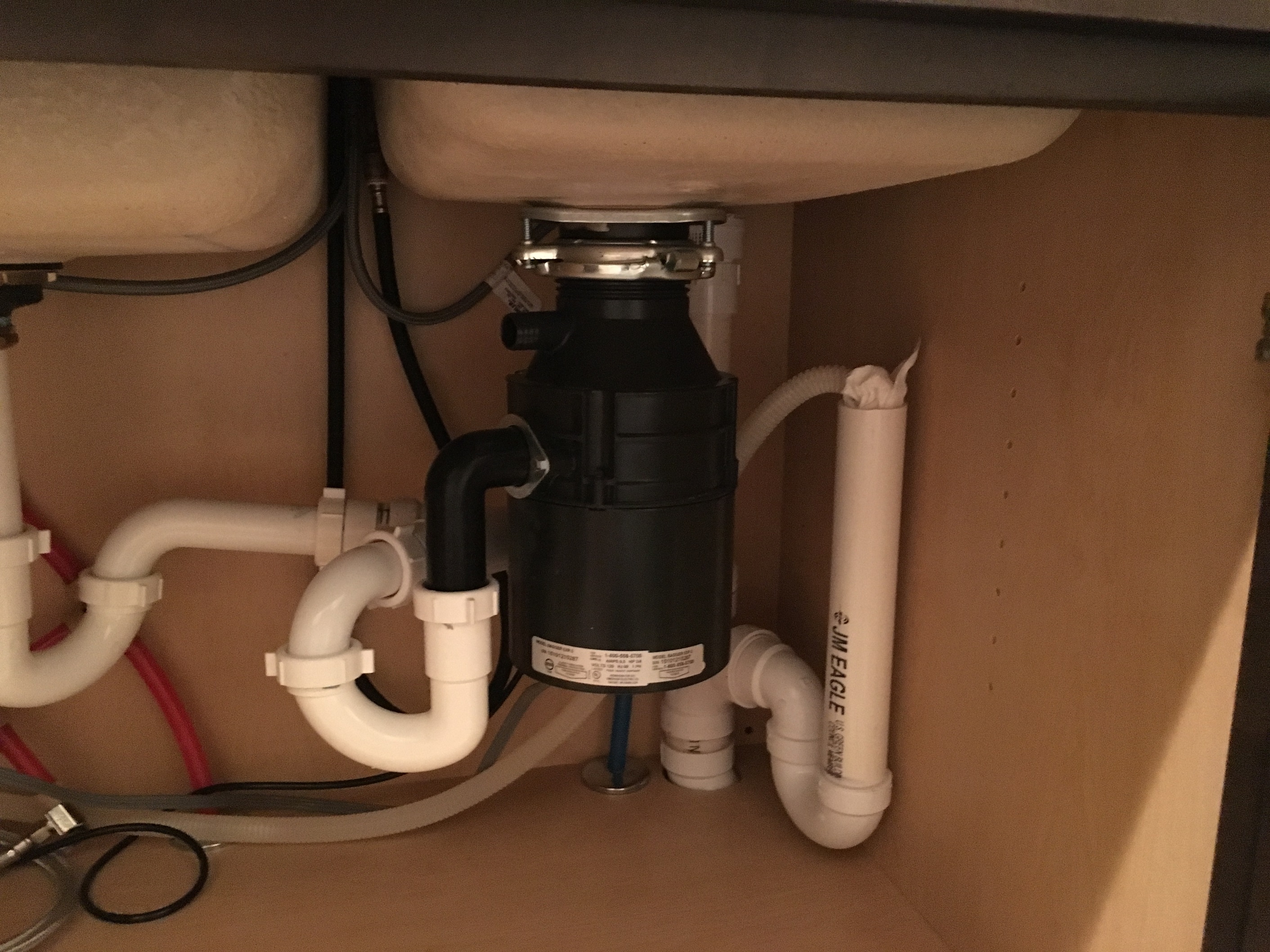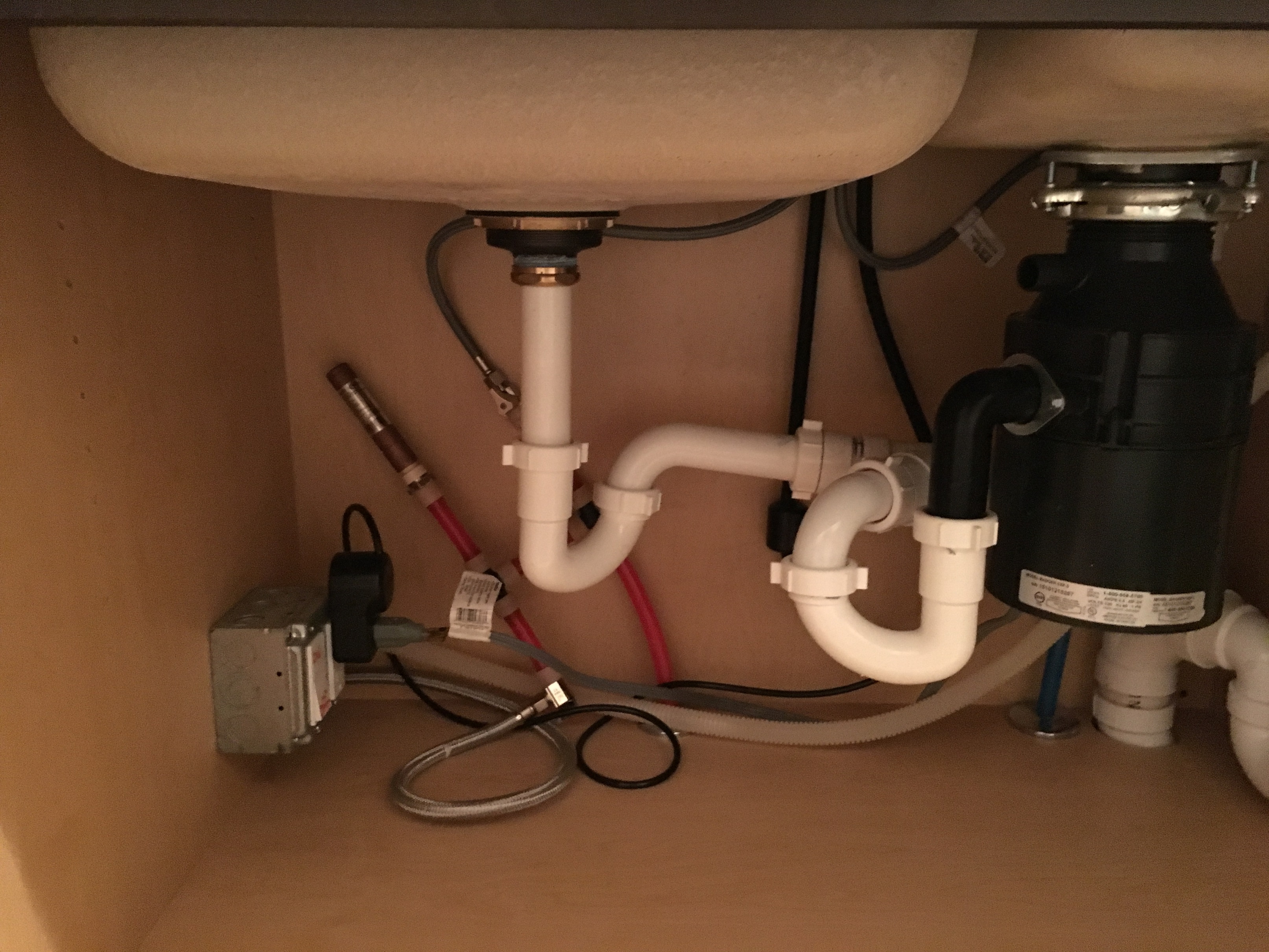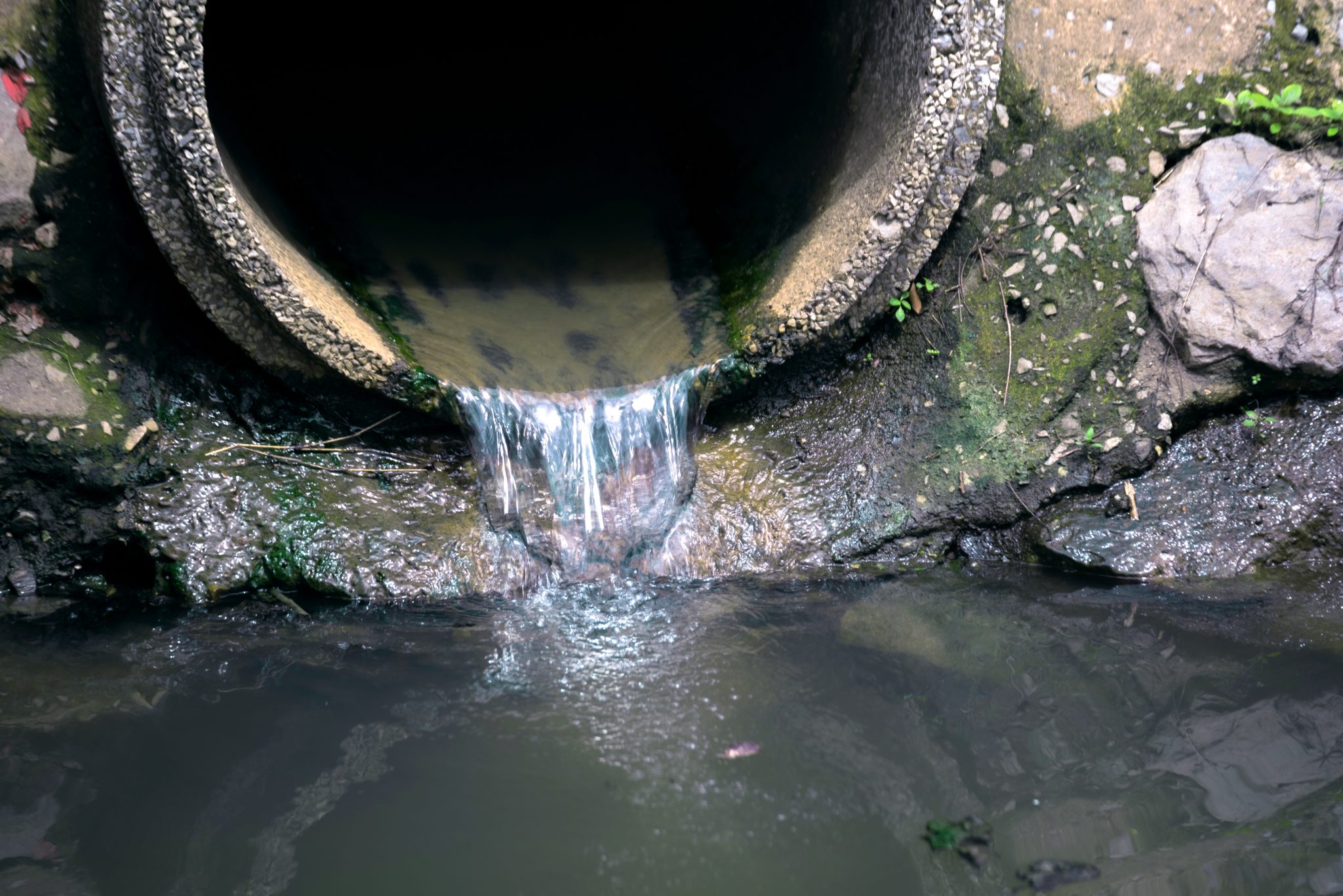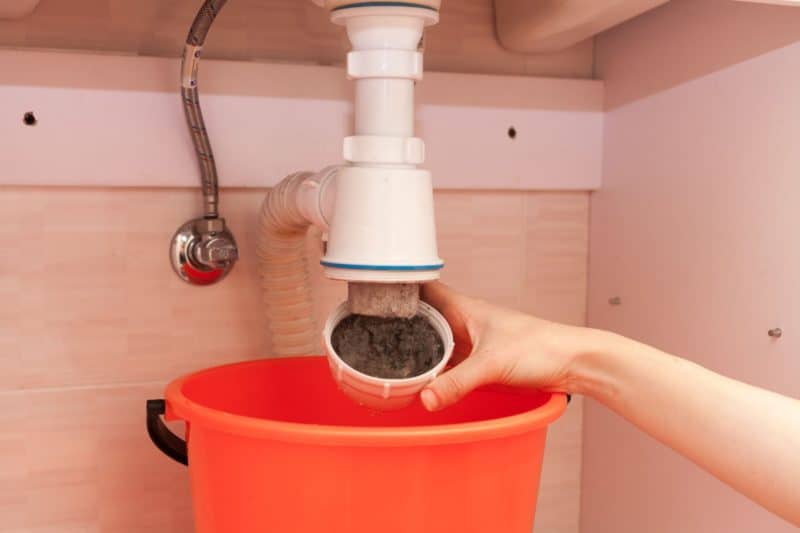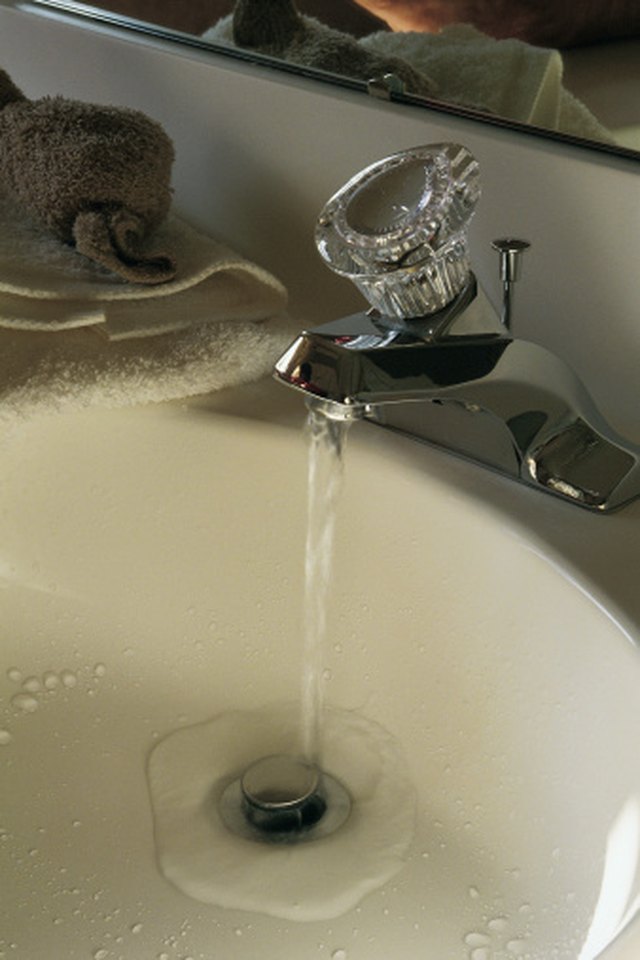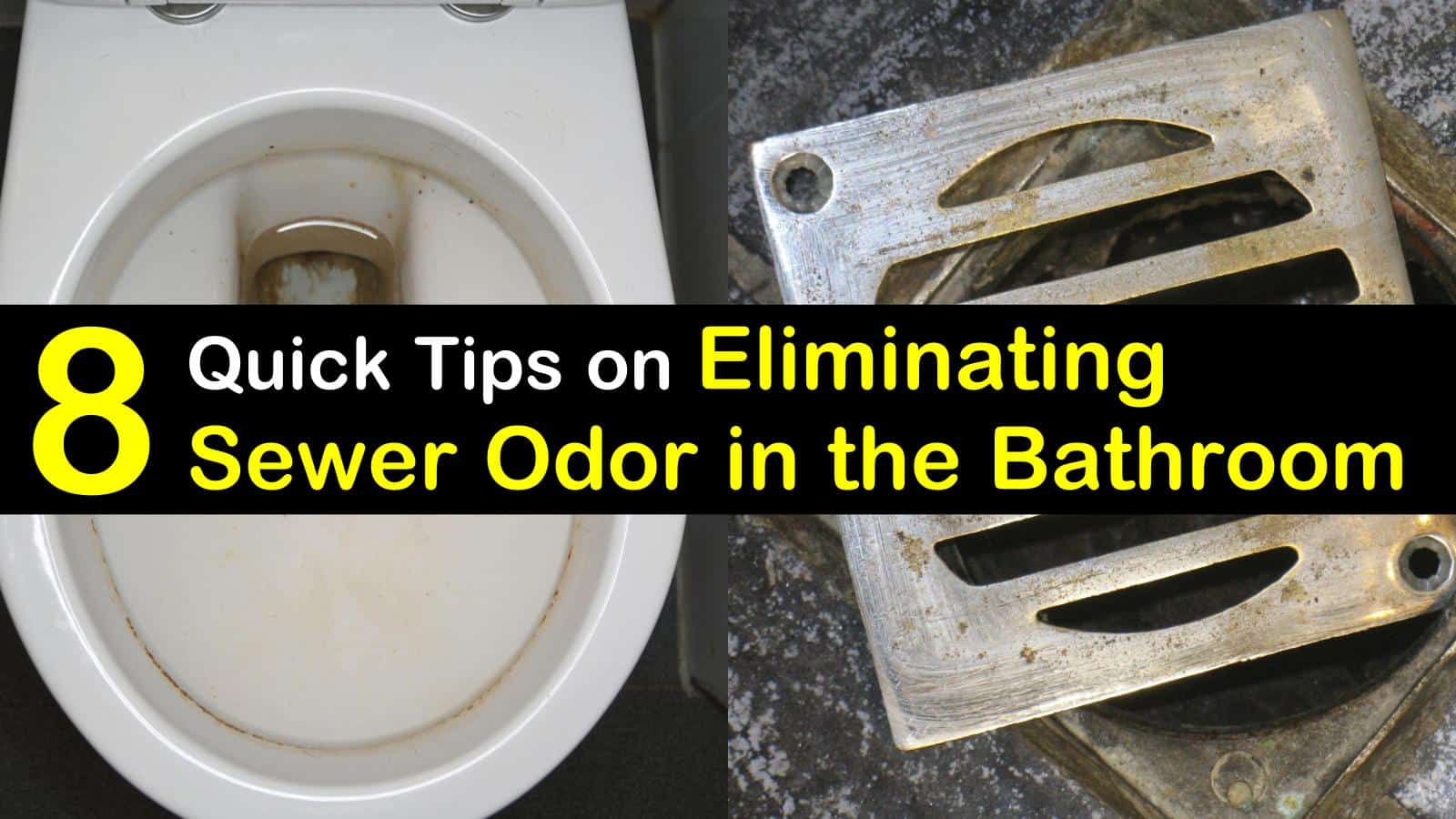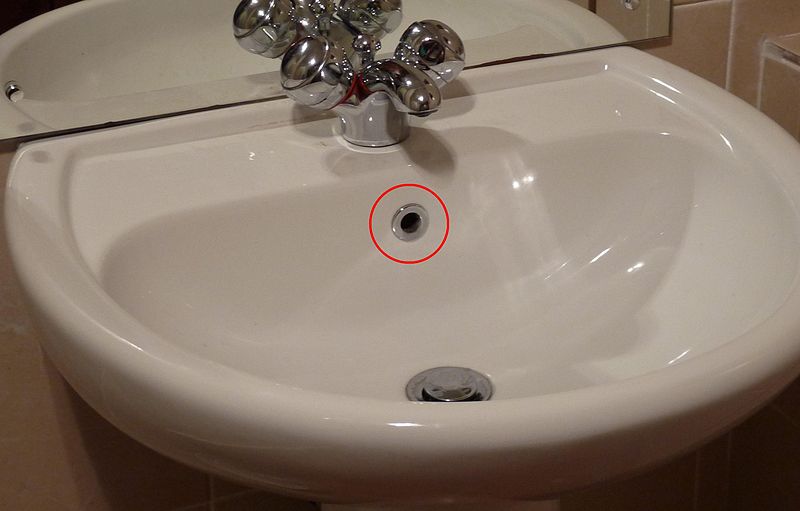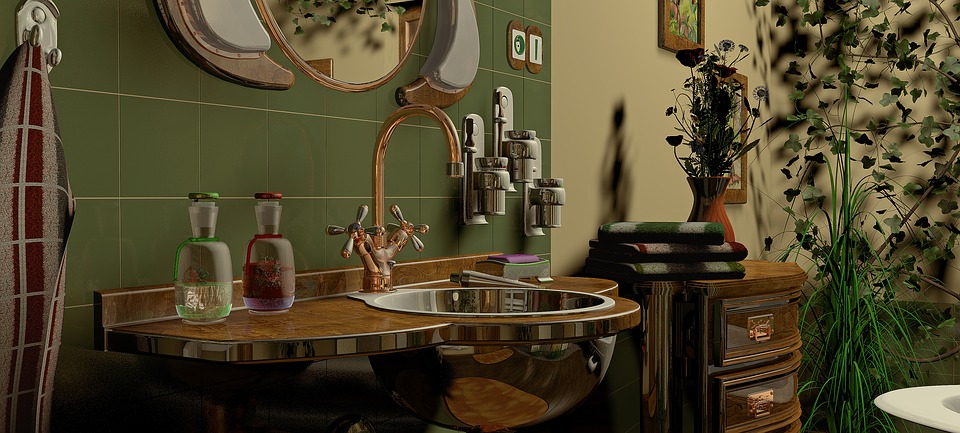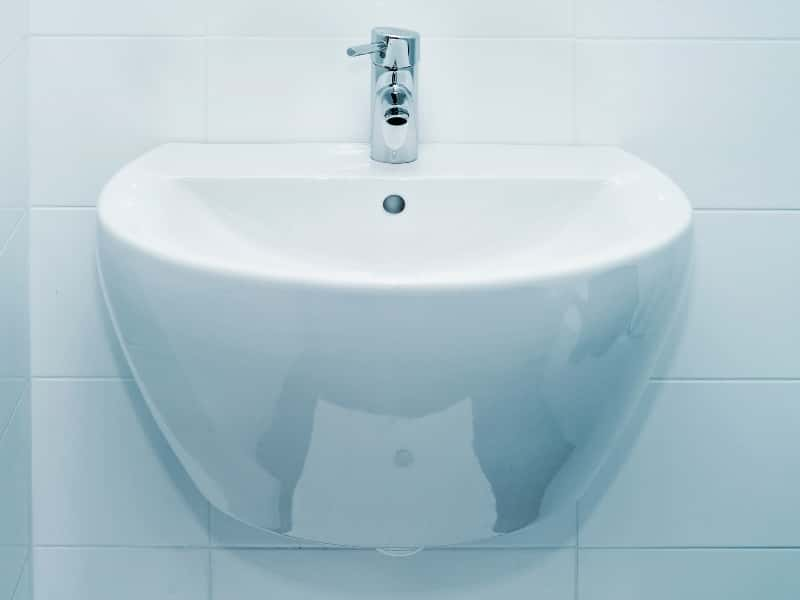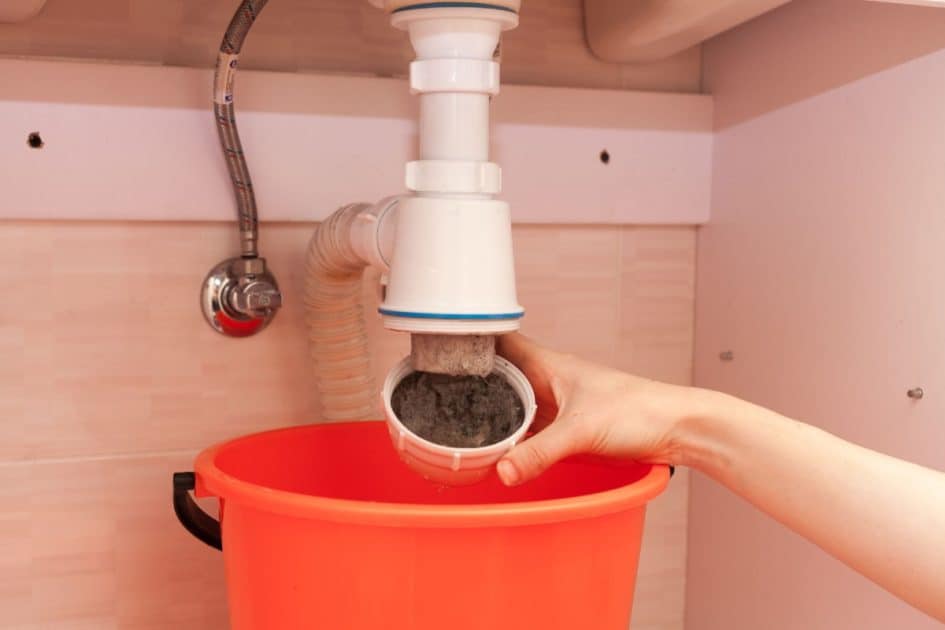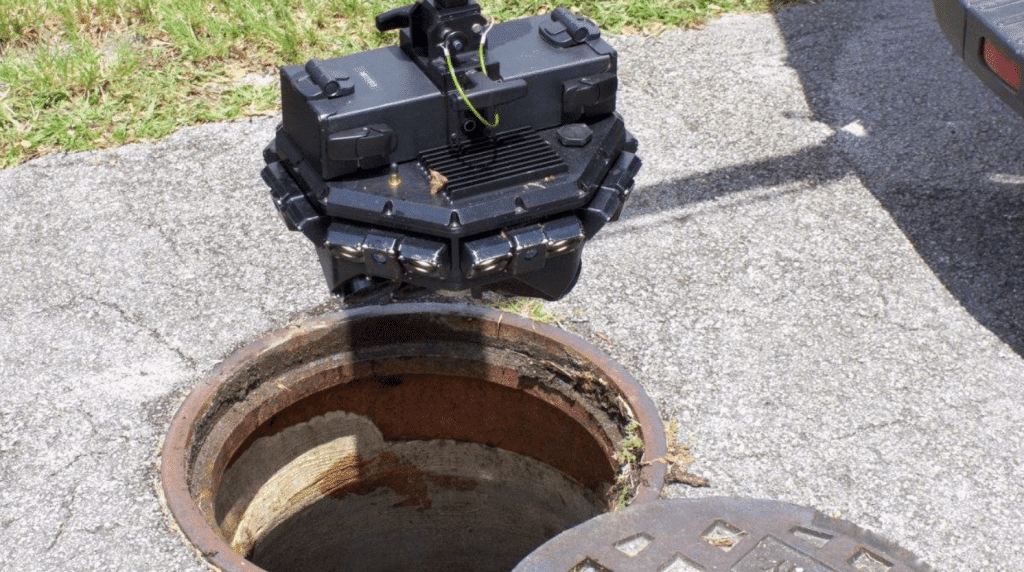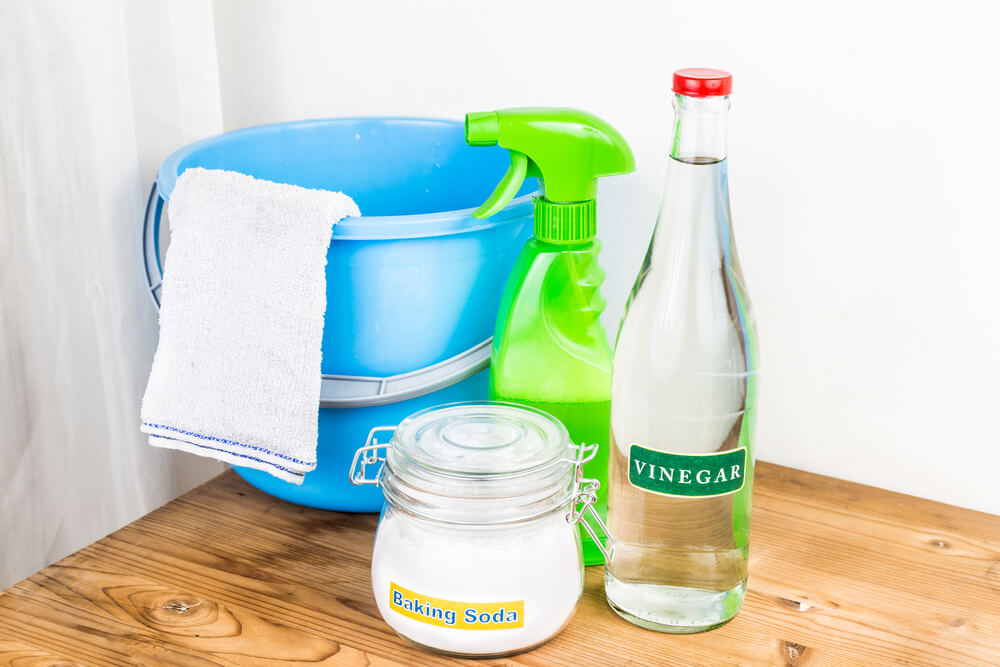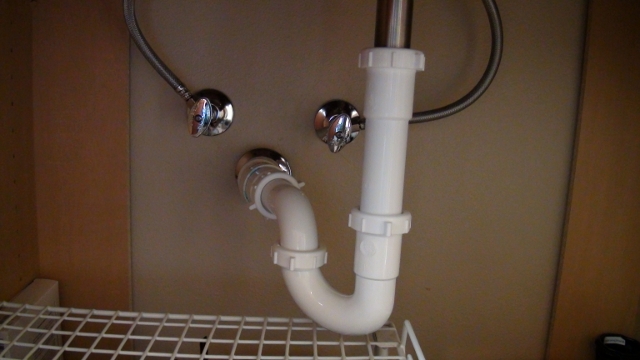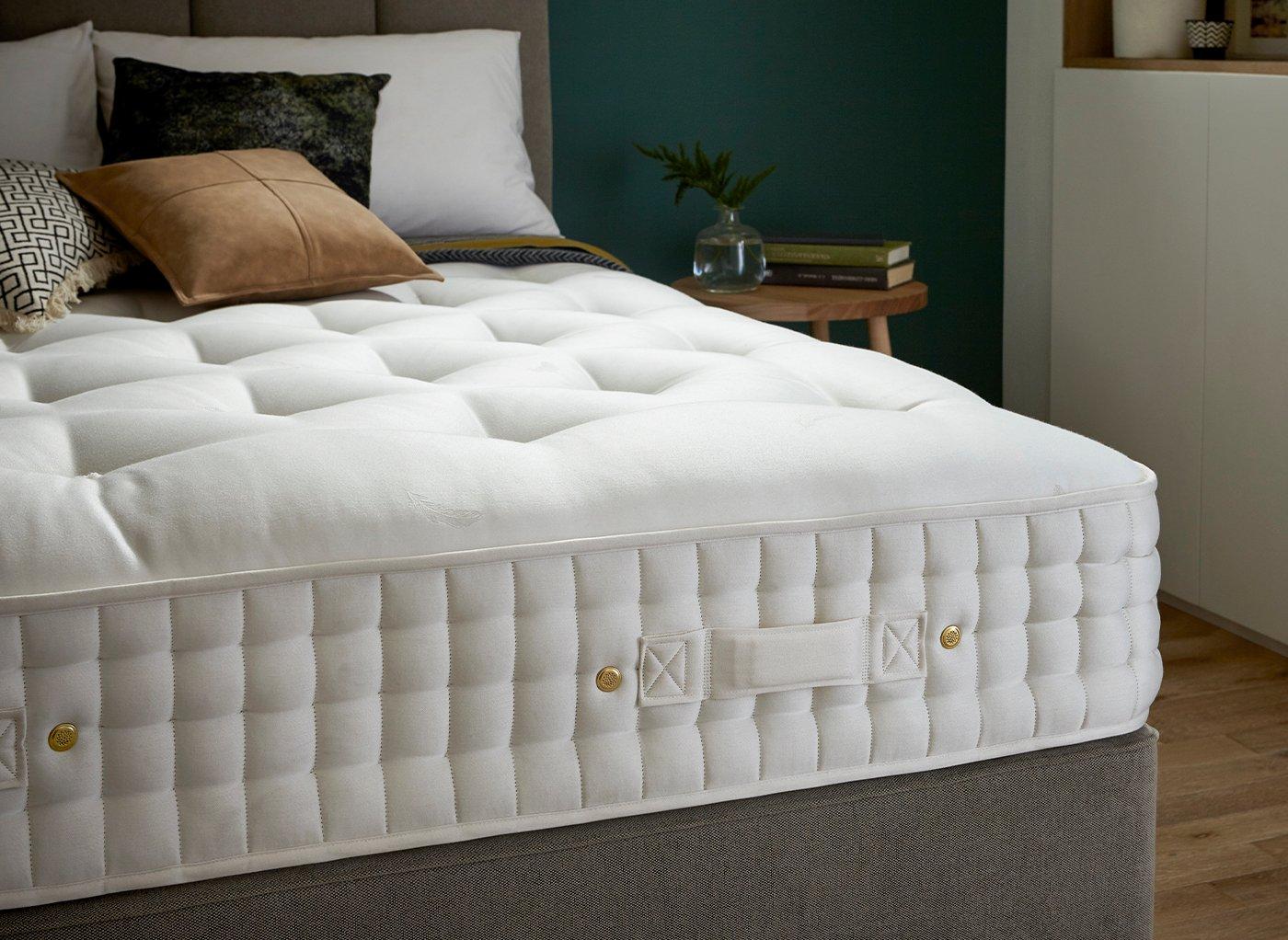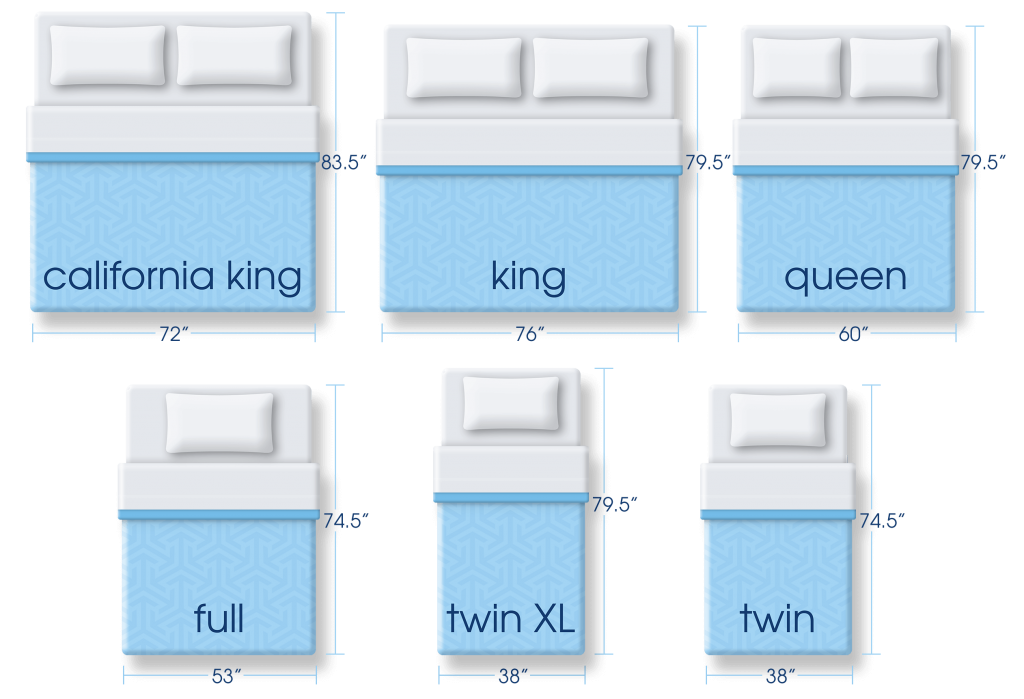Dealing with a sewer odor under your bathroom sink can be an unpleasant and frustrating experience. Not only does it make your bathroom smell bad, but it also indicates a potential plumbing issue that needs to be addressed. The good news is that this is a common problem and there are simple solutions to get rid of the sewer smell. In this article, we will explore the top 10 causes of sewer odor under bathroom sink and how to fix them. Sewer Odor Under Bathroom Sink: A Common Household Problem
Before we dive into the solutions, it's important to understand the main cause of sewer smell under your bathroom sink. The most common reason is a blocked or damaged sewer line. When there is a blockage, it can cause the sewer gas to back up into your bathroom, resulting in a foul odor. It could also be due to a broken or loose seal in the drainage pipe, which allows the sewer gas to escape into your bathroom. Sewer Smell Under Sink: Identifying the Source
Now that we know the main cause of sewer odor under bathroom sink, let's explore the top 10 reasons why it may be happening in your home. Bathroom Sink Odor: Top 10 Causes
One of the most common causes of sewer smell under sink is a clogged drainage pipe. As mentioned earlier, a blockage can cause the sewer gas to back up into your bathroom, resulting in a foul odor. This could be due to hair, soap scum, or other debris that has accumulated in the pipes over time. 1. Clogged Drainage Pipe
A damaged drainage pipe can also be a source of sewer odor under bathroom sink. If the pipe is cracked, broken, or loose, it can allow sewer gas to escape into your bathroom. This is more common in older homes where the pipes may have deteriorated over time. 2. Damaged Drainage Pipe
The P-trap is a U-shaped pipe under your sink that is designed to hold a small amount of water. This water creates a barrier between your bathroom and the sewer line, preventing the sewer gas from entering your home. If the P-trap is dry, it can't do its job and the sewer smell will be noticeable. This could be due to infrequent use of the sink or a leak in the P-trap. 3. Dry P-Trap
Proper ventilation is crucial for any plumbing system. Without it, the sewer gas has nowhere to escape and can back up into your bathroom. If you have a clogged or damaged vent pipe, it can cause sewer odor under sink. This is more common in homes with older plumbing systems. 4. Improper Ventilation
If the sewer line that connects your home to the main sewer system is damaged, it can cause a foul smell in your bathroom. This could be due to tree roots invading the pipe, cracks or breaks in the line, or a collapse of the pipe. It's important to address this issue as soon as possible to prevent further damage and potential health hazards. 5. Sewer Line Damage
Mold and mildew thrive in dark and damp environments, making your bathroom sink an ideal breeding ground. These fungi not only produce a musty smell but can also cause health issues if left untreated. If you notice a sewer smell along with mold or mildew growth under your sink, it's important to address it immediately. 6. Mold or Mildew Growth
The sink overflow is a small hole located under the faucet that prevents water from spilling over onto the countertop. If this hole is clogged or dry, it can result in a sewer smell under sink. This is because the sewer gas has nowhere to go but back up into your bathroom. 7. Dry Sink Overflow
The Importance of Proper Plumbing in House Design
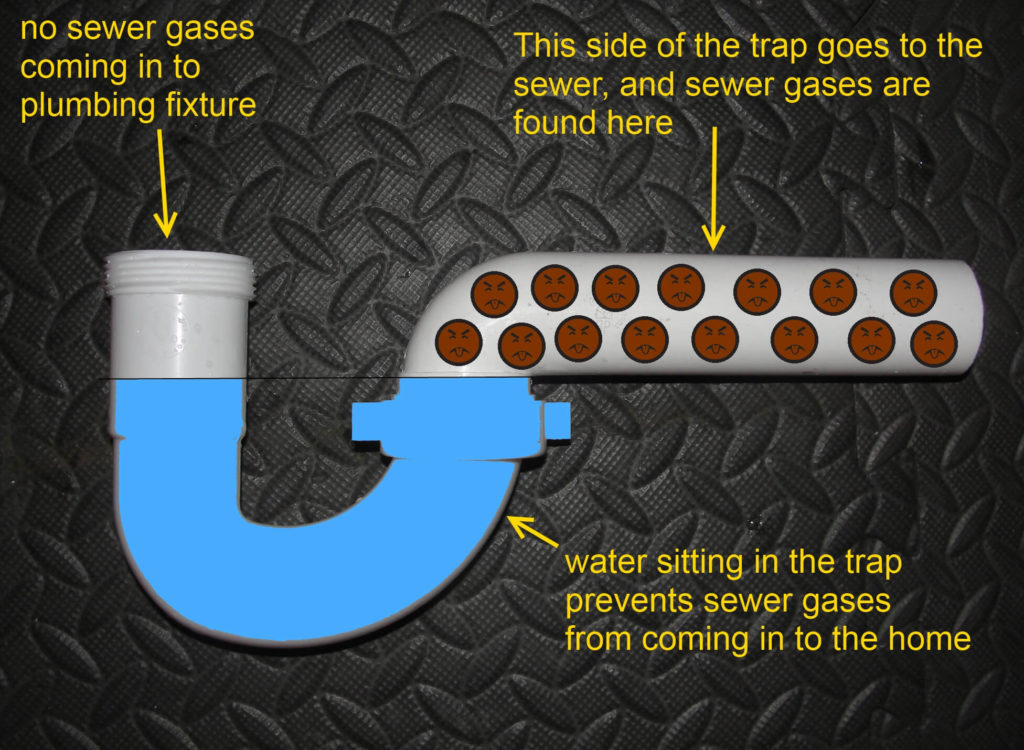
Preventing Sewer Odor Under Bathroom Sink
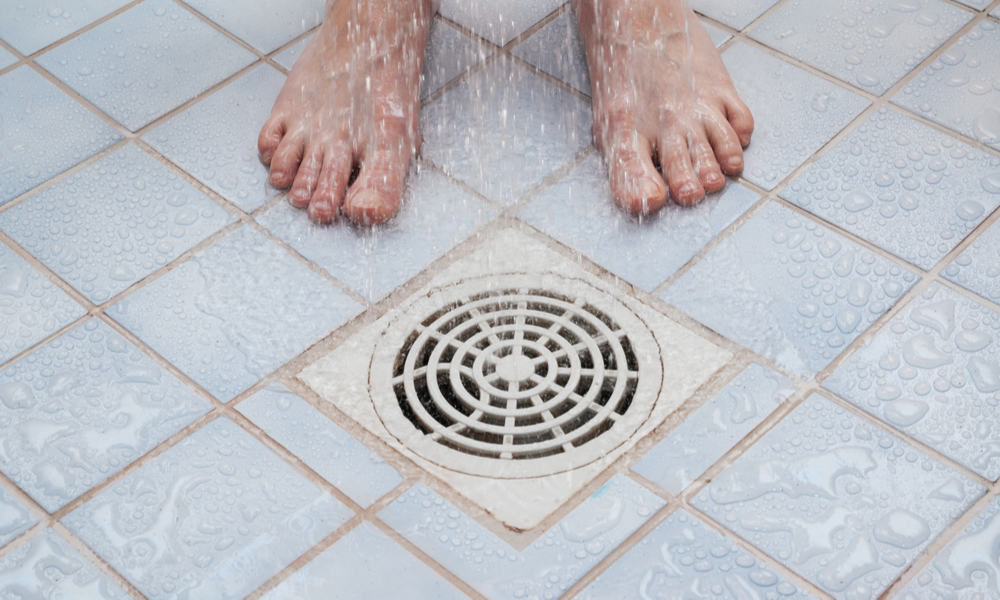 When designing and building a house, it is important to pay attention to the plumbing system. The plumbing system is responsible for bringing clean water into the house and removing wastewater. However, if not properly installed or maintained, it can lead to unpleasant and potentially hazardous issues such as sewer odor under the bathroom sink.
One of the main causes of sewer odor under the bathroom sink is a malfunctioning or clogged
drain line
. Over time, hair, soap scum, and other debris can build up in the drain, causing blockages and preventing proper drainage. As a result, the wastewater may not be able to flow freely, leading to a foul smell in the bathroom.
Another potential cause of sewer odor is a
leaky pipe
. If the pipes under the bathroom sink are cracked or damaged, they can allow sewer gases to escape into the house. This not only causes an unpleasant smell but can also be harmful to your health.
To prevent sewer odor under the bathroom sink, it is crucial to have a
properly installed and maintained plumbing system
. This includes regular cleaning of the drain lines, checking for and repairing any leaks, and ensuring that all pipes are properly connected and sealed.
In addition to preventing sewer odor, proper plumbing can also enhance the overall design and functionality of a house. A well-designed plumbing system can ensure efficient water usage and reduce the risk of leaks or water damage. This can save homeowners money on utility bills and maintenance costs in the long run.
In conclusion, sewer odor under the bathroom sink can be a sign of underlying plumbing issues that should not be ignored. It is important to prioritize proper plumbing in house design to prevent such problems and ensure a safe and healthy living environment. By taking the necessary steps to maintain and care for the plumbing system, homeowners can enjoy a fresh and odor-free bathroom.
When designing and building a house, it is important to pay attention to the plumbing system. The plumbing system is responsible for bringing clean water into the house and removing wastewater. However, if not properly installed or maintained, it can lead to unpleasant and potentially hazardous issues such as sewer odor under the bathroom sink.
One of the main causes of sewer odor under the bathroom sink is a malfunctioning or clogged
drain line
. Over time, hair, soap scum, and other debris can build up in the drain, causing blockages and preventing proper drainage. As a result, the wastewater may not be able to flow freely, leading to a foul smell in the bathroom.
Another potential cause of sewer odor is a
leaky pipe
. If the pipes under the bathroom sink are cracked or damaged, they can allow sewer gases to escape into the house. This not only causes an unpleasant smell but can also be harmful to your health.
To prevent sewer odor under the bathroom sink, it is crucial to have a
properly installed and maintained plumbing system
. This includes regular cleaning of the drain lines, checking for and repairing any leaks, and ensuring that all pipes are properly connected and sealed.
In addition to preventing sewer odor, proper plumbing can also enhance the overall design and functionality of a house. A well-designed plumbing system can ensure efficient water usage and reduce the risk of leaks or water damage. This can save homeowners money on utility bills and maintenance costs in the long run.
In conclusion, sewer odor under the bathroom sink can be a sign of underlying plumbing issues that should not be ignored. It is important to prioritize proper plumbing in house design to prevent such problems and ensure a safe and healthy living environment. By taking the necessary steps to maintain and care for the plumbing system, homeowners can enjoy a fresh and odor-free bathroom.
